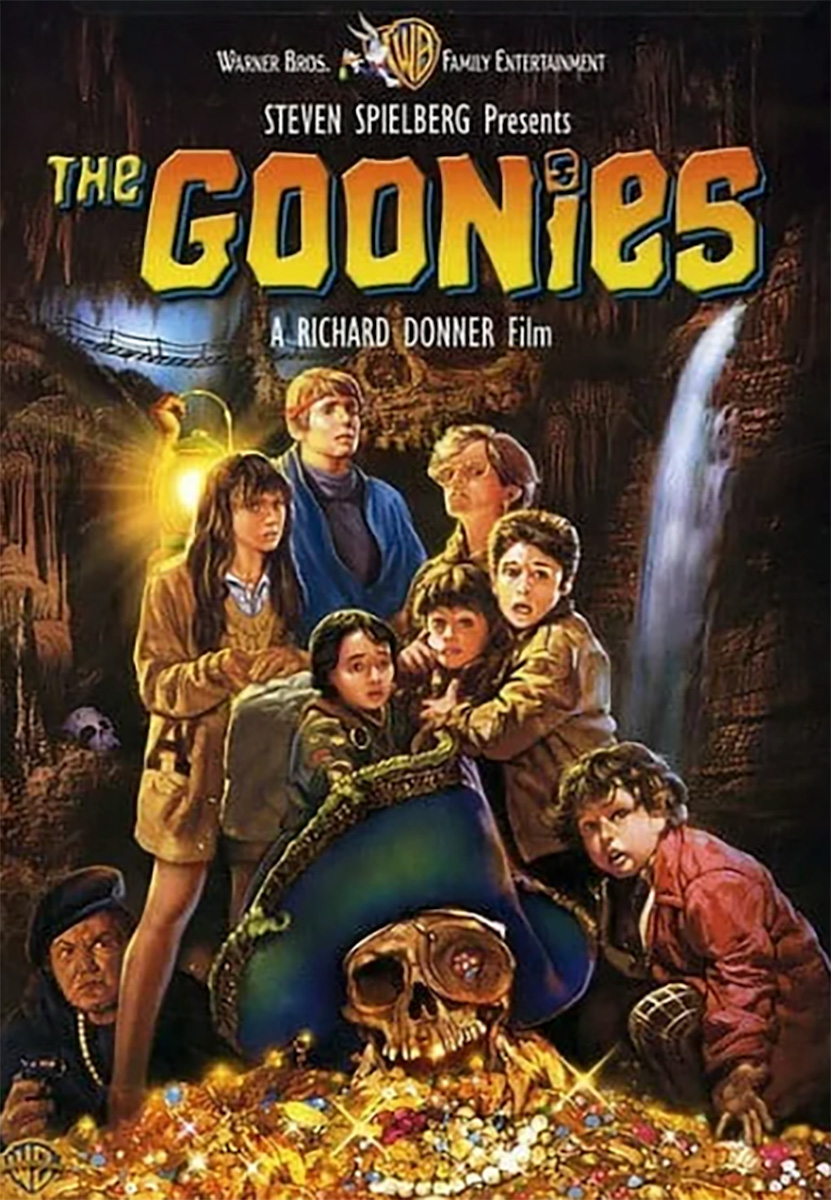Despite historical periods of discrimination and oppression in this country, the victims of such injustice were allowed the relief that their story would be forever recorded in history. The following generations would hear of their suffering and learn of the great progress this country has made to overcome it. However, earlier this month, in the state of Texas, a rapid retreat back to the days of blatant bias occurred. The Texas Board of Education made a decision that will greatly affect education throughout the United States. A change in curriculum, and as a result, a change in textbooks was decided. Essentially, there will be a revised rendition of elementary through high school textbooks that will depict a more conservative viewpoint.
When asked why the textbooks needed to be modified, a leader of the board told The New York Times, “We are adding balance. History has already been skewed. Academia is skewed too far to the left.” Surely, the debate shouldn’t be over which political standpoint our country’s history is “skewed” toward. History is a collection of recorded past events. It is the one thing that should always remain objective, and it is the scholar’s duty to interpret its actors that served important roles in its development until the present. By subjecting history to political partialities, these members of the board are suggesting that history is no longer a part of Texas education. It is replaced by political indoctrination. Students will lose the opportunity to interpret the motives of these historical figures and events if they only receive the information of those that align with the Conservative party beliefs.
Some of these changes include the portrayal of Thomas Jefferson as an advocate of reason and the Enlightenment era. The board wishes to set the founders apart from the philosophers that inspired our American Revolution, such as Locke and Hobbes. Another alteration was to illustrate that the American Revolution and French Revolution occurred through different ideals. According to The Huffington Post, a Democratic board member stated, “They talk about the Founding Fathers like they were all Christians.” In fact, Jefferson, along with Adams and many of the Founding Fathers, was Deist. Once again, history contains the records of many religious conflicts. However, our American Revolution was not one of them.
Even more pertinent was the removal of certain minority figures, especially the roles of certain Hispanic figures. Examples of this include the removal of Dolores Huerta, the co-founder of the United Farm Workers of America and a socialist. There was also the replacement of a Mexican-American painter named Santa Barazza with the Looney Tunes cartoonist, Texan-born, Tex Avery. A change in the economic text books included the replacement of the word “capitalism” with “free-enterprise system” because a board member believed that “capitalism has a negative connotation.”
The influence of the state’s school board is great and direct on the education of its students. The board’s focus should be centered on creating opportunities and maximizing potential for its students rather than restricting the teacher’s materials or the scholar’s work. The influence of the Texas Board of Education is greater because Texas is the number one buyer of textbooks in the country. They will force the textbook publishers to change their content and therefore, set a precedent to other schools throughout the country. These board members, much like under the rule of Big Brother in Orwell’s great work, 1984, are asking the textbook companies to rub out certain historical truths, much like the vocation Winston Smith employed at the Ministry of Truth.
This extreme decision goes much further than basic party line bias. All citizens and those with authority may display their opinions and make decisions that coincide with their ideologies. But to erase history, to deny the youth the opportunity to empathize and learn of minorities and their role in this country’s past should be considered a manipulation of truth and a criminal act.






